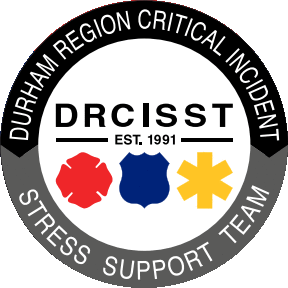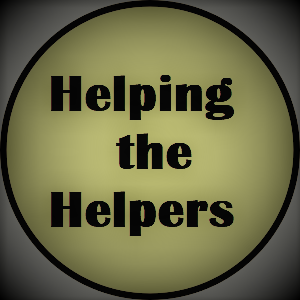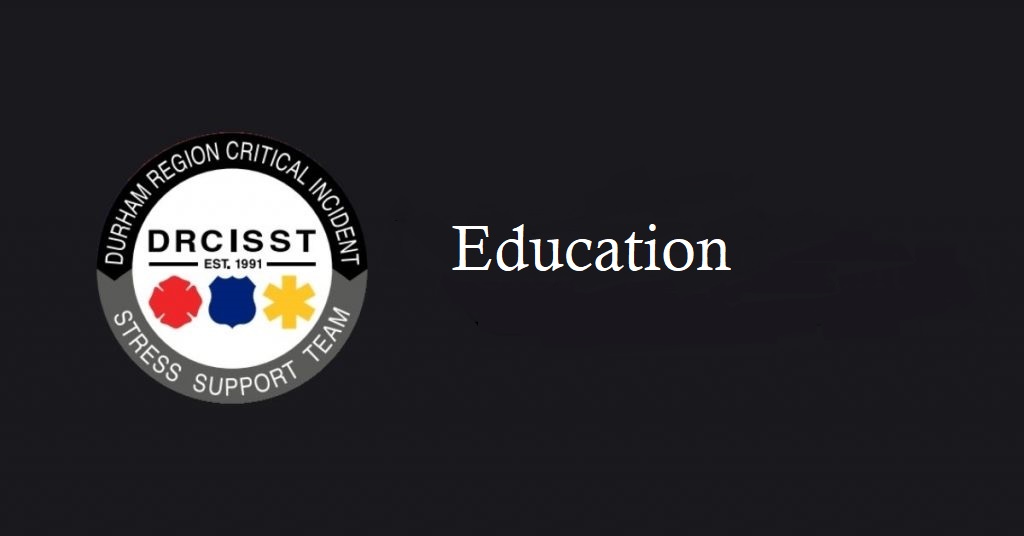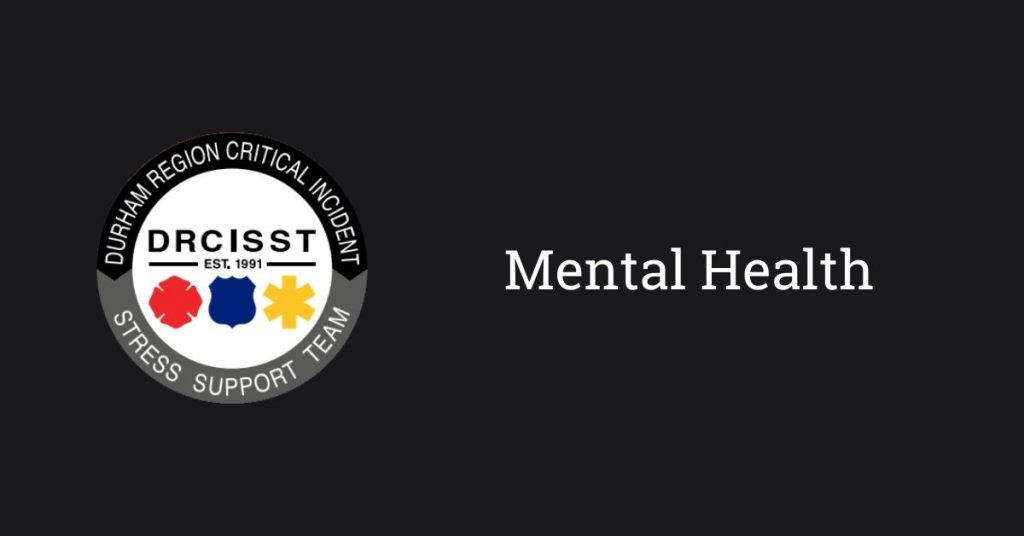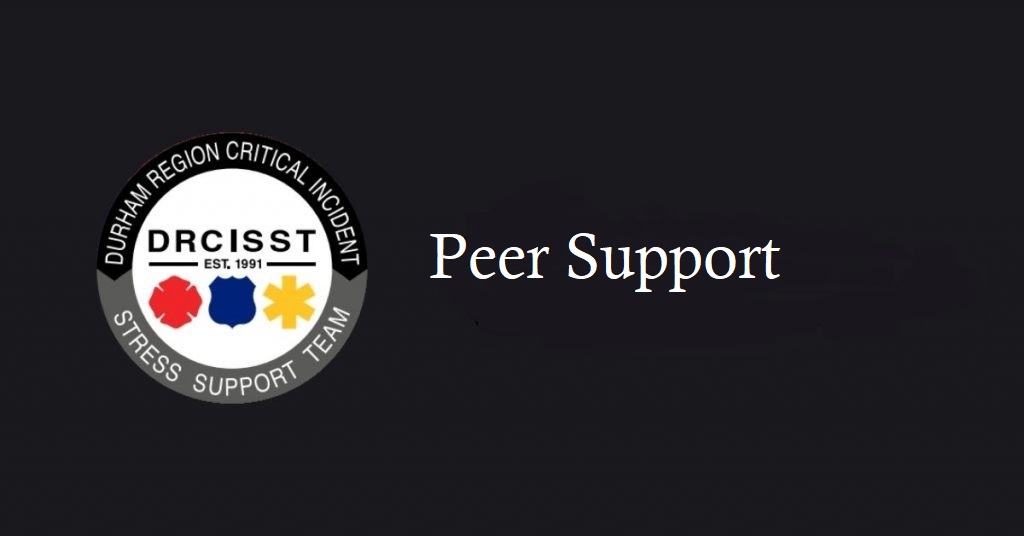We all experience feeling “down” or “blue” once in a while. However, for people with depression, these feelings often occur several days a week or for many weeks at a time. People who are depressed can also experience:
- Changes in sleep patterns, weight and eating habits.
- A loss of interest in appearance and other things that was once enjoyable.
- Feelings of fatigue and energy loss.
- Feelings of hopelessness and helplessness.
A person who is depressed can experience changes that affect virtually every aspect of their life! If you or someone you know is experiencing any of the above symptoms, it could mean some help is needed.
Some Tips for Coping with Depression:
- Meet with your doctor. Tell him/her about your symptoms. Get a good check-up.
- Arrange to meet with a counsellor who can help you manage your depression.
- Practice using relaxation techniques such as meditation, slow breathing or muscle relaxation.
- Avoid sugar, caffeine and fatty foods. Stick to a regular, healthy diet.
- Exercise regularly. This can ease tension, elevate your mood and increase general feelings of well-being.
- Practice sending yourself positive, encouraging messages.
- Try developing a daily routine and work at sticking to it.
An Action Plan
Having people to support you can be an important part of working through depression. Print out the Help Plan by clicking on the circle bottom right, then identify some people you can rely on to help you through any difficulties you may be experiencing.
My Help Plan – Talk to Someone
| Name | Phone | |
| Friend | ||
| Counsellor | ||
| Support Person | ||
Tips for Dealing With Anger
Anger is a normal feeling that often occurs in reaction to situations that are frustrating or upsetting. There are times, however, when people experience difficulty managing their anger. If anger is affecting your enjoyment of life, your job performance, your relationship with others or if it makes you act violently towards yourself or other people, then you may need to get help to manage your anger.
Some Tips for Managing Anger
- Exercise regularly. This can help reduce tension and stress.
- Try using some relaxation techniques such as meditation, soft music or slow, deep breathing.
- Admit feelings of anger and recognize the signs of anger in yourself so that you can take action early.
- When you feel yourself getting angry, leave the situation.
- Avoid drinking, driving or operating machinery when you are angry.
- Talk out your feelings with someone you trust. A counsellor can often help you learn to manage your anger effectively.
An Action Plan
Having people you can talk with can be extremely helpful when working through feelings of anger. Print out the Help Plan by clicking on the circle bottom right, then identify some people you can rely on to help you through any difficulties you may be experiencing.
My Help Plan – Talk to Someone
| Name | Phone | |
| Friend | ||
| Counsellor | ||
| Support Person | ||
| Other |
Anger Check List
Answer “Yes” or “No” to each of the questions below.
- People tell me that I need to calm down.
- I feel tense much of the time.
- At work, I hardly ever say what is on my mind.
- When I am upset, I try to block out the world by watching TV, reading, or going to sleep.
- I am drinking or using drugs almost daily to help me calm down.
- I have trouble getting to sleep.
- I feel misunderstood or not listened to much of the time.
- People ask me not to yell or curse so much.
- My loved ones keep saying that I’m hurting them.
- My friends don’t ask me for help very much.
Scoring
Count how many times you answered “Yes” to the questions above.
0-2 = Manageable – you have stress well under hand but could likely still benefit from relaxation training.
3-5 = Moderate – you need to learn more about what stresses you, and learn stress management techniques.
6+ = Out of Control – you have an anger problem that could benefit from learning anger management techniques.
